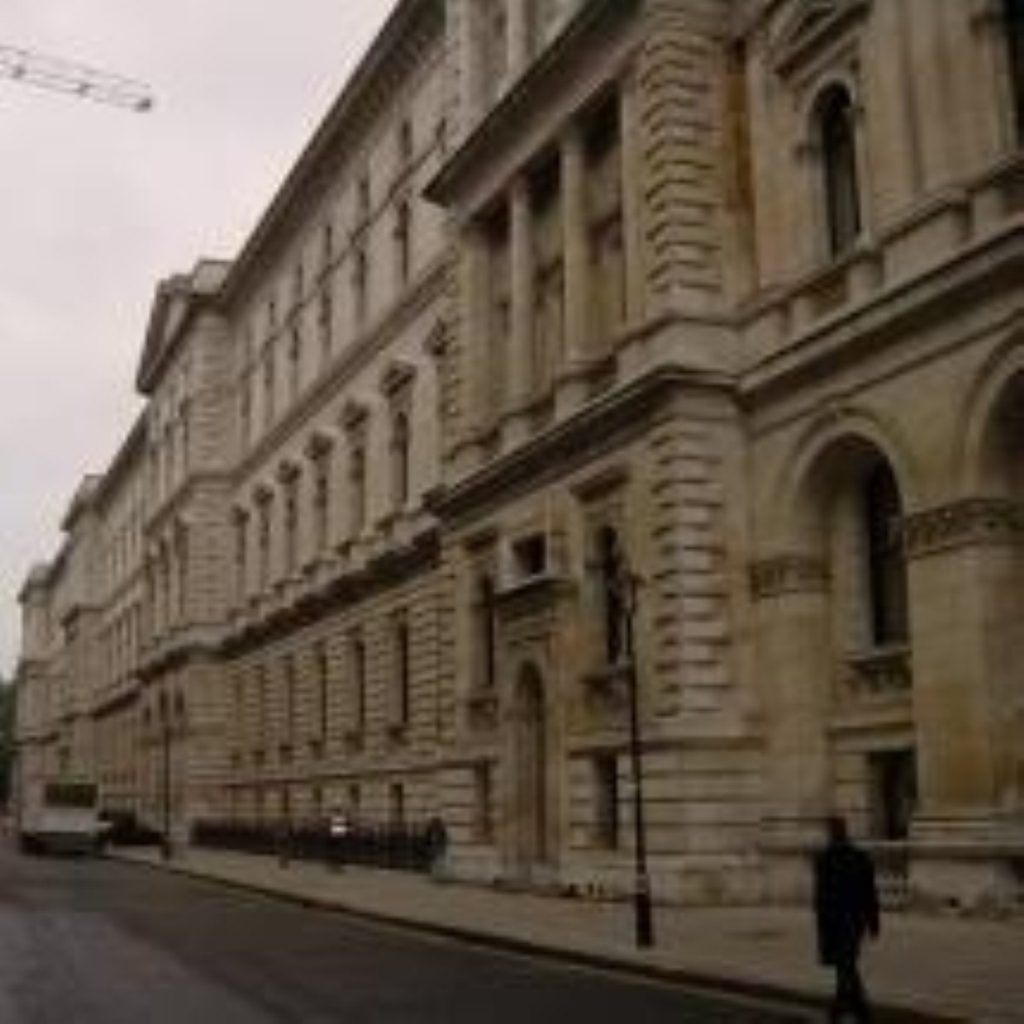UK flounders in push for ceasefire
By Ian Dunt
The UK is floundering in the push for a ceasefire in Gaza, with few concrete actions taking place to stop the fighting.
Amnesty International reiterated its urgent demands for a ceasefire today, with the group’s Middle East and north Africa programme director Malcolm Smart saying civilian casualties are on “an unprecedented scale”.
“The UN security council must not remain silent,” he added.


“It is imperative that the council urgently adopt a strong resolution condemning attacks against civilians by both Israel and Hamas and demanding that such attacks cease immediately.”
But despite strongly worded statement statements from the prime minister and the foreign secretary the Foreign Office is struggling to give details of what it will now do to secure a ceasefire outside of talking with key figures.
Asked on Sky News yesterday what steps the government would take to secure a ceasefire, Foreign Office minister Bill Rammell replied: “Well, we are literally working hour to hour, day to day talking to all the key partners.
“We’ve got, as you’ve said, president [Nicolas] Sarkozy’s visit taking place. A number of the Arab leaders will be arriving in New York at the United Nations and there will be continuing debate at the UN over the next couple of days.
“But we’re absolutely unequivocal in our view that we need an urgent and immediate ceasefire,” he added.
When politics.co.uk contacted the Foreign Office today, a spokesperson said: “The prime minister and foreign secretary have called publicly and privately for an immediate and permanent ceasefire.
“The UK is at the centre of efforts to halt the violence and secure urgent humanitarian assistance. We are in close contact with the United States, our EU partners, and leaders in the region, including, among others, those of Israel, the Palestinian Authority, Saudi Arabia, Egypt, and Jordan.”
The Conservative party is staying quiet on the issue, with party insiders suggesting shadow foreign secretary William Hague will not be making further statements on the issue for a couple of days.
But internally the party is taking a moderately pro-Palestinian view of the conflict. There is also a growing cross-party consensus that the last few days mark an opportunity for Europe to step up and take on the Middle East situation.
In the corridors of Westminster, most MPs consider the United States too pro-Israeli and preoccupied with its impending change of president to be able to navigate a prompt course towards a ceasefire.
In a comment piece featured on politics.co.uk today, Liberal Democrat foreign affairs spokesman Ed Davey, seemed to echo that position.
“With the US hobbled by their presidential transition, we need the EU to flex its muscles, and suspend the proposed new EU-Israeli co-operation agreement,” he wrote.
“How could the EU ‘upgrade’ its relations with Israel at this moment?
“And we need the UN security council to debate a resolution, under Chapter VII, instructing both sides to ceasefire. Given the US agreed to a UNSC press statement calling for such just three days ago, there is even a chance that the US may not veto a resolution requiring Israel to stop firing.”
Efforts to secure a ceasefire at the UN fell flat on Saturday after the US vetoed the text of a draft resolution which strongly condemned Israeli action.
Libyan ambassador Giadalla Ettalhi, who circulated a draft resolution on the conflict at a security council meeting last week, said: “Unfortunately, the delegation of the United States a clear position that is against any product or outcome from this meeting.”
US envoy Alejandro Wolff said the United States was merely seeking a sustainable ceasefire.
“We shared our view in the root cause… that is Hamas continues the rocket attacks and violence,” Mr Wolff said.
“We were not able to come to an agreement today.”
Former prime minister Tony Blair, who now acts as special envoy to the Middle East for the quartet of Russia, America, the EU and the UN, suggested to the BBC today that the only way towards a cessation of violence was to block the supply of arms into Gaza through its Egyptian border.
But Mr Blair, who came under voracious criticism for failing to call for a ceasefire during the Israeli bombardment of Lebanon in 2006, placed most of the blame on Hamas.
“If they [Hamas] truly do care about people in Gaza, there is a possible way that would have an immediate cessation of hostilities and that is obviously what any responsible person should try and achieve,” he told the BBC.
But Mr Blair, who came under voracious criticism for failing to criticise Israel during its bombardment of Lebanon in 2006, placed most of the blame on Hamas.
“If they [Hamas] truly do care about about people in Gaza, there is a possible way that would have an immediate cessation of hostilities and that is obviously what any responsible person should try and achieve,” he told the BBC.
But Mr Blair did express sympathy for those in Gaza.
“For anyone living in Gaza, it is hell. It is bound to be,” he said.
“You are have got a situation where you are in an effective war zone.”
About 560 Palestinians have been killed since Israel began its military operation 11 days ago, Palestinian officials have said.
Palestinian medical officials have said at least 110 people have died since the ground offensive began over the weekend.
Today’s reports indicate Israeli forces are widening their attacks in the Strip to include Khan Younis in the south.

